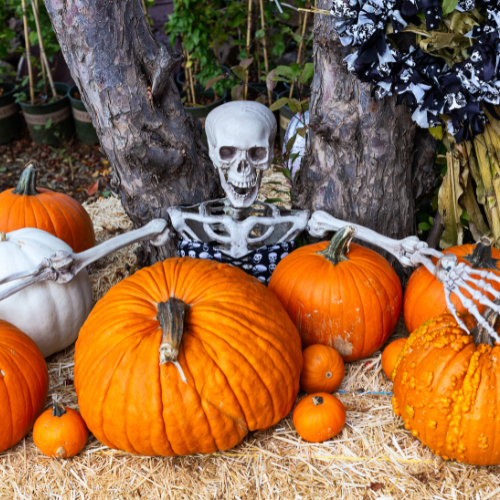Balloons have been identified as a major threat to seabirds, with ‘soft plastics’ accounting for just 5% of the plastics consumed, yet held responsible for causing 40% of deaths.
A recent report from the research department at the University of Tasmania in Australia has concluded that while harder shards tend to pass through the gut, softer pieces of plastic are more likely to cause blockages. The scientists claimed that one in five birds that consumed balloons had died as a result.
“Among the birds we studied the leading cause of death was blockage of the gastrointestinal tract, followed by infections or other complications caused by gastrointestinal obstructions,” said PhD student Lauren Roman, who led the study. “Balloons or balloon fragments were the marine debris most likely to cause mortality.”
The scientists used cause-of-death data for 1,733 seabirds and identified just five balloon-related deaths. However, they remain concerned that balloons may cause a disproportionate number of deaths, as birds can confuse them with squid.
“The evidence is clear that if we want to stop seabirds from dying from plastic ingestion we need to reduce or remove marine debris from their environment, particularly balloons,” Lauren concluded.























